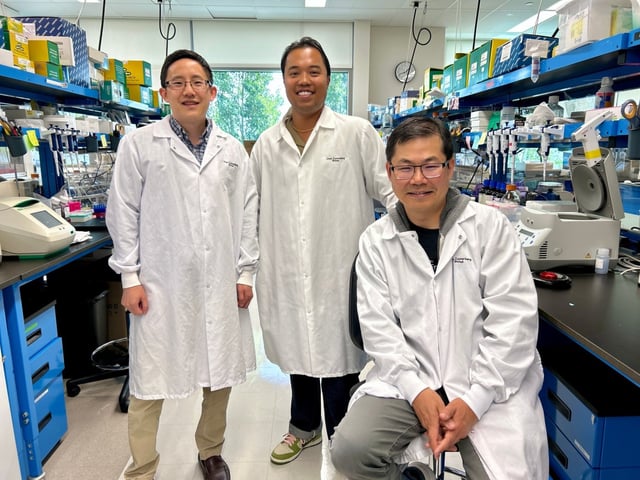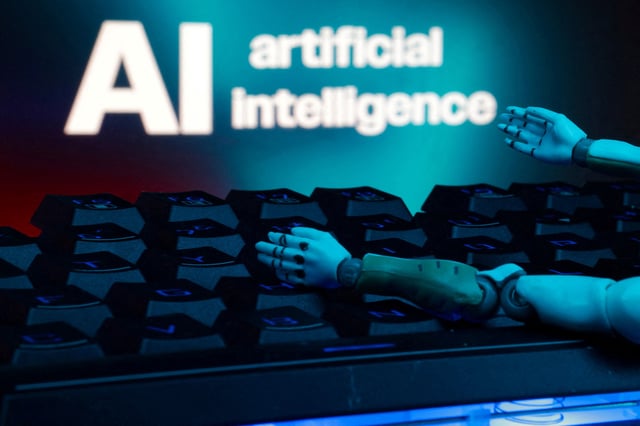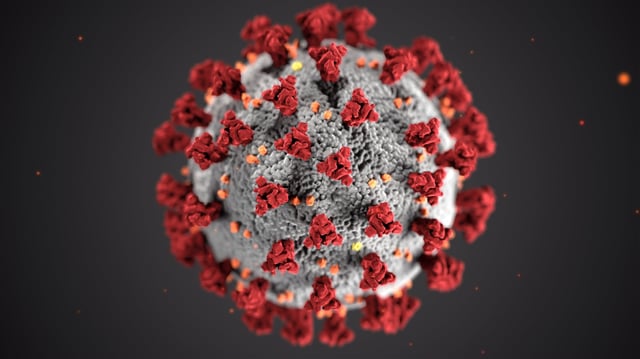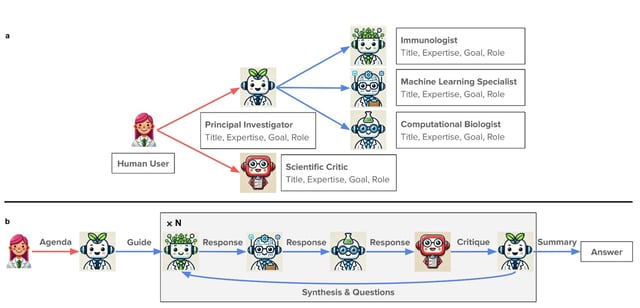Overview
- The study published July 29, 2025 in Nature by Stanford and Chan Zuckerberg Biohub researchers outlines an autonomous Virtual Lab composed of AI agents with distinct scientific roles.
- An AI Principal Investigator agent autonomously assembled immunology, computational biology, and machine learning specialists to generate dozens of nanobody candidates against SARS-CoV-2 within days.
- Laboratory tests confirmed the AI-designed nanobodies were structurally stable, bound tightly to spike proteins of recent variants, and exhibited no off-target binding.
- Human oversight was limited to about 1% of the workflow, with all AI meetings and decisions logged via transcripts for full transparency.
- Researchers are now extending the Virtual Lab framework to broader biomedical problems and deploying specialized data-analysis agents to reevaluate existing research findings.



